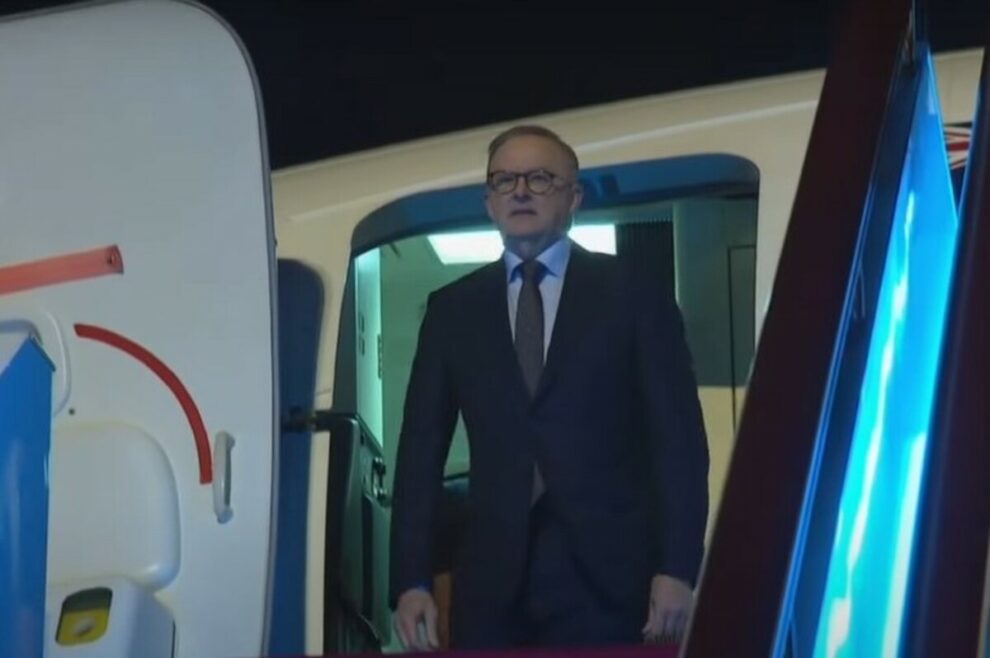Chinese leader Xi Jinping met with Australian Prime Minister Anthony Albanese in Beijing on Monday, a high-water mark in their nations’ ties following years of tensions that cut billions of dollars in trade.
Beijing is Canberra’s biggest trading partner, but relations plummeted in 2020 after Australia’s then-conservative government barred Chinese tech giant Huawei from 5G contracts and called for an inquest into the origins of Covid-19, which was first detected in China.
A furious Beijing then slapped punitive tariffs on a slew of Australian commodities including coal, barley and wine as the relationship descended into a deep freeze.
But China has reversed course since Albanese took power in May last year, lifting most of its restrictions on Australian goods and saying it wants “healthy and stable” ties.
In opening remarks shown by Australia’s public broadcaster ABC on Monday, Albanese — the first Australian leader to visit China in more than seven years — hailed the “unquestionably very positive” progress in ties.
Since the two leaders met in Indonesia last year, Albanese told Xi, “trade is flowing more freely to the benefit of both our countries”.
“We can of course today take up the opportunity to explore how we can have further cooperation between our two countries,” he said.
Albanese has previously acknowledged the need to remain “clear-eyed” about the differences between the two countries, and has aired his view that they are not strategically aligned.
“We need to cooperate with China where we can, disagree where we must, and engage in our national interest,” he told reporters Monday.
China has bristled at Australia’s security pact with the United States and Britain, and rebuked its decision to purchase nuclear-powered submarines — widely seen as an effort to parry Chinese military might in the Asia-Pacific.
Albanese has spoken up on behalf of nations’ right to self-determination, as well as human rights and maintaining peace — including in the Taiwan Strait, which separates China from the self-ruled island it regards as part of its own territory.
He has warned that China does not see itself as a power in favour of the “status quo”.
– ‘Benign partner’ –
But analysts say high-level meetings this week will see Beijing project itself as a “benevolent and benign partner” welcoming a wayward friend back to the fold.
“China won’t want to dwell on criticisms of its economic coercion or hostage diplomacy,” Courtney Fung, scholar in residence with the Asia Society Australia, told AFP.
Last month, China released Australian journalist Cheng Lei after three years in detention on opaque espionage charges.
The sons of Australian writer Yang Jun — who has been jailed in China since 2019 on spying accusations — have asked Albanese to raise his case and achieve the same “miracle” for their father.
Analyst Yun Sun said Beijing would be keen to present “the trip as Australia recognising its previous mistakes”.
“It will portray Albanese as being on the right side of history and making the correct choice for the sake of (Australia’s) economy, especially export industries, including its wine industry,” said Sun, of the Washington-based Stimson Center.
“That will be the Chinese narrative.”
